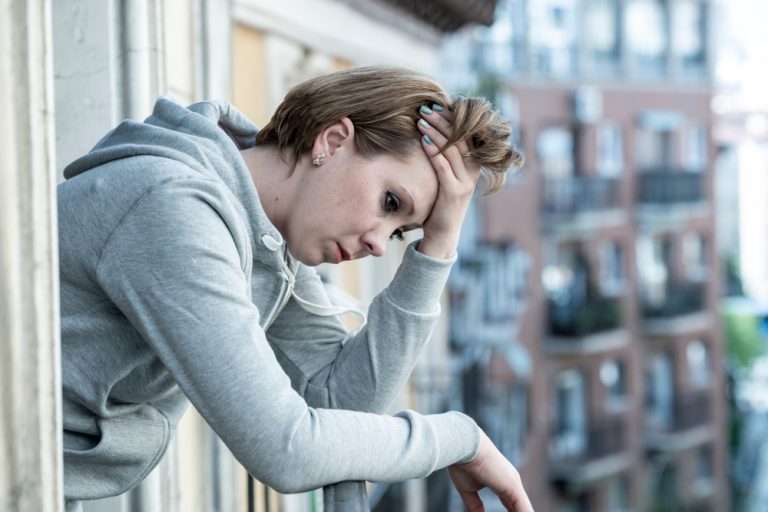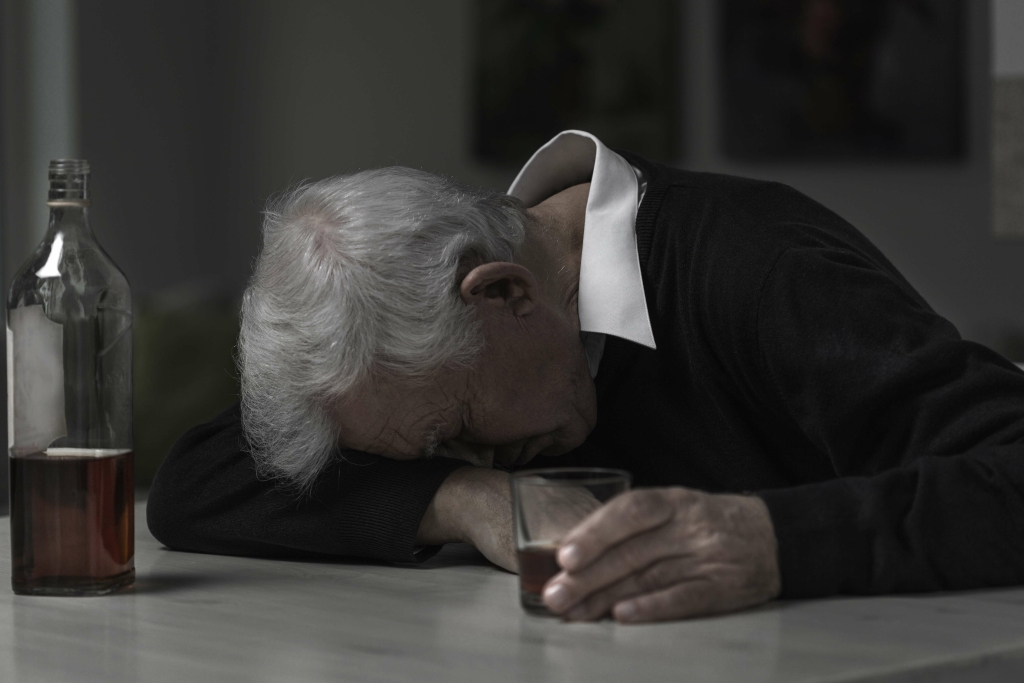A 2013 study showed that 71.9% of women relapsed within two months after completing a three-month treatment program, compared to 54.5% of men. Relapse can feel like a sudden plunge after climbing a steep what to do after a relapse hill. It’s disheartening and makes you feel like all your progress was for naught.

What To Do After a Relapse
- In mental health, they involve the return of symptoms after a period of recovery.
- Use this experience to deepen your commitment and learn more about yourself.
- After you ejaculate, your body gets deprived of all these nutrients.
- Being aware of relapse behaviors in earlier stages will help you prevent relapse from getting worse.
When you are aware of the different stages of relapse, you can get out ahead of a full-blown relapse. You might be able to catch your relapse in the early stages. You might need to go back to your support system and admit that you need treatment again.
More Questions about Treatment?
Whether the cause is stress, depression, poor quality of sleep, struggling to deal with recovery, or something else. This can result in having friends or family members who are users making you even what is alcoholism more likely to relapse. It is important to remember recovery is a marathon and not a sprint. This means that your aftercare is just as important as the care in a treatment facility.
What To Do After A Relapse
- It involves adapting strategies and learning from experiences, including setbacks.
- If you’re ready to take the first step toward recovery, call us today.
- Rebuilding trust after relapse requires patience, honesty, and accountability.
- Those in this stage are constantly thinking about different ways to relapse and often how to do this in secret.
We go much deeper in terms of therapy, trauma resolution, and helping you to make the necessary lifestyle changes than most rehab facilities. Once you’ve succeeded at one of our programs, you’re part of the family for life. If you’ve just had a relapse and you’re researching what to do after relapse, you should feel incredibly proud. You’re not in denial, and you’re not hiding your head in the sand. That means that even when you go to rehab and get your symptoms under control, it’s not cured in the way an infection can be cured with antibiotics. Instead, relapse is a bump in the road and a clear indication that you need more support.
